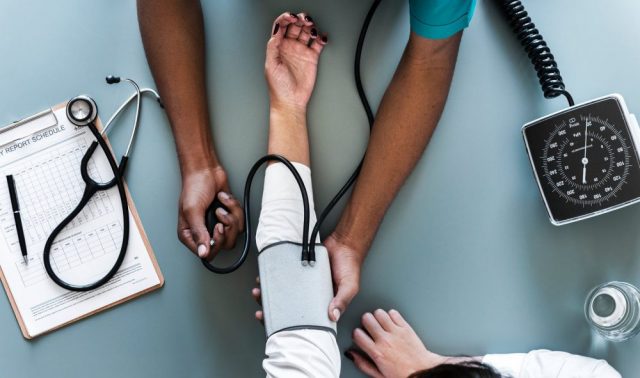Go with the Flow: How to Make Your Menstrual Cycle Work For You

This article is written by Karlyn Q.
Turning 30 is a huge milestone in life and certainly one to be celebrated! By this point, you may have silenced many of your uncertainties you had in our 20’s, or you may still be figuring things out. Regardless, when it comes to your health, there are many things to keep in mind by this point in your life. Family history, reproductive health, and understanding how your body will continue to change, all play a role in a happy and healthy life. Below are a few checkpoints you should keep in mind as you approach the big 3-0.
It’s important to reflect on your family’s medical history by the time you’re 30, especially if the illness came on during that family member’s 30’s. Although it may be scary to think about, it’s crucial to collect information on the history of deaths and illnesses in your family so that you can inform your healthcare professional. This way, your doctor can conduct consistent screenings and tests in order to maintain your overall and preventative health.
Knowing the answers to questions about your menstrual cycle can reveal information about your health. What does a “normal” period look like for you each month? How heavy is your period and how long does it last? Understanding your cycle allows you to notice any subtle changes within your body. These signs may be indications of what’s taking place internally, such as changes in your hormone levels or fertility status.
By the time you’re 30, it’s helpful to know what contraceptive methods work for you, should you choose to use them or be sexually active. There’s a wide variety of options on the market and various ways to acquire them. With so many choices available, it’s crucial you do some research prior to making a selection. You can use condoms or get a birth control implant at the doctor’s office. You can even purchase the pill online if that best suits your lifestyle. When choosing the right method, it’s important to take into account your lifestyle, hormonal balance, mental health, and any other medications you’re taking, as these can have an impact on the effectiveness of certain contraceptives.

The vaccinations you received during your childhood and teenage years may be a distant memory, however, knowing your history helps keep you current on your vaccinations. In addition, maintaining your own record of your health will better prepare you for any upcoming vaccinations you may be due for. Knowing your body and your health will give you more power to take control of your decisions.
We all go through stress in our lives, and as we get older, the responsibilities we have continue to grow. Relaxation should be a part of your daily routine to help you better deal with stress as well as understand your mental health. Keeping your emotions bottled up negatively impacts your mental health and can even result in a stress-induced illness. Your 20’s are a great time to reflect on what sets you off and how to handle it. Finding a relaxation practice that you know you can utilize will help you face your problems head-on. Meditating, journaling, and exercise are all great outlets you can use to not only channel your stress but also help eliminate anxious feelings altogether.
Did you know that five to ten percent of women develop Endometriosis or PCOS once they get their first period? Each of these are different disorders, although they can occur at the same time and have similar symptoms. Both Endometriosis and PCOS symptoms include irregular and painful periods, chronic pelvic pain, painful sex, and so on. Many women go years undiagnosed and may be told “it’s all in their heads” instead of being taken seriously. If you do experience symptoms of either disorder, it’s important to be your own advocate and demand the treatment you deserve.
You may already be aware of some of these while others you may not. By reviewing these six health checkpoints by the time you turn 30, you’ll feel more in control of your health and overall wellness moving forward. Turning 30 just got a whole lot healthier!
If you enjoyed reading this article, you might also like: